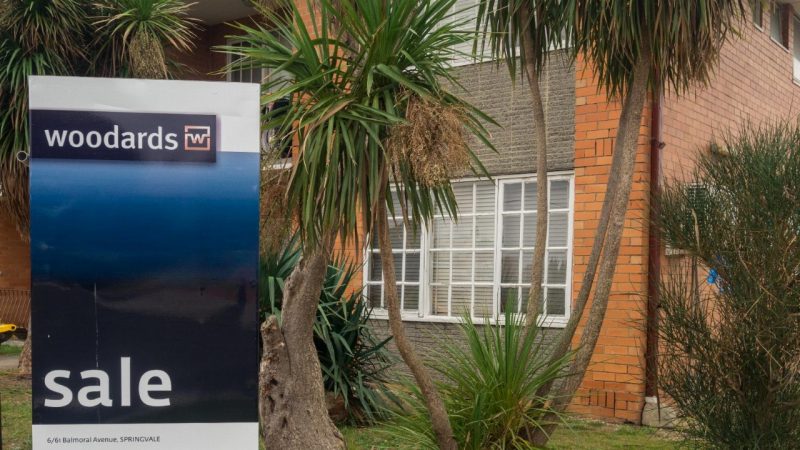- Property purchasers should be wary of claims of rapid returns from real estate flipping since transaction fees raise the chance of losses
- Pete Wargent, the co-founder of buyers agent site Buyers Buyers, says new entrants to the property market are chasing the allure of quick gains
- “Flipping property in a hot market in the expectation of fast returns can lead to regrettable decisions,” Mr Wargent says
- The transaction expenses, according to Doron Peleg, CEO of RiskWise Property Research, raise the chances of nominal losses for individuals wanting to flip properties
Property buyers should be more suspicious of claims of quick profits from flipping real estate as transaction costs increase the risk of losses.
Pete Wargent, the co-founder of buyers agent site Buyers Buyers, said new entrants to the property market are chasing the allure of quick gains.
“But flipping property in a hot market in the expectation of fast returns can lead to regrettable decisions, especially as the costs of tradies and materials are currently very high,” he said.
“The media headlines have reported such trends lately in the US as speculators have turned to online apps and algorithms to help them flip properties quickly, hopeful of a quick profit, but shortcomings in the models and processes have seen many come unstuck.”
The transaction expenses associated with purchasing and selling real estate, according to Doron Peleg, CEO of RiskWise Property Research, raise the chances of nominal losses for individuals wanting to flip properties.
Mr Peleg stated that while the average tenure of property ownership has grown in recent years, five to 10 per cent of homes may still be sold for a minor loss.
“The available statistics show that such losses are often related to the purchase of new property which subsequently loses value, but also often relate to the resale of properties within a relatively short timeframe,” he said.
“However, recently due to low stock levels owners have feared being unable to execute a suitable move, and the average holding period for houses is now more than a decade across most parts of Australia.”
Mr Peleg also said the holding period for apartments has been somewhat shorter, but is still longer than it once was, with holding periods in Sydney and Melbourne close to a decade.
“While the mobility of the workforce is important for the economy, the longer duration of ownership has reduced risks for most owners,” Mr Peleg said.
“We simply caution that the costs of stamp duty, conveyancing, building surveys, and selling fees can increase the risks for those adopting a flipping strategy, especially in the current heady market conditions.
“A longer average holding period serves an important function for owners of established dwellings — and that is a reduced risk of capital loss upon resale. The long-term trend for nominal housing prices in Australia has been consistently upwards, despite periodic recessions and economic downturns.”

